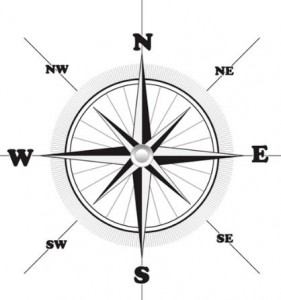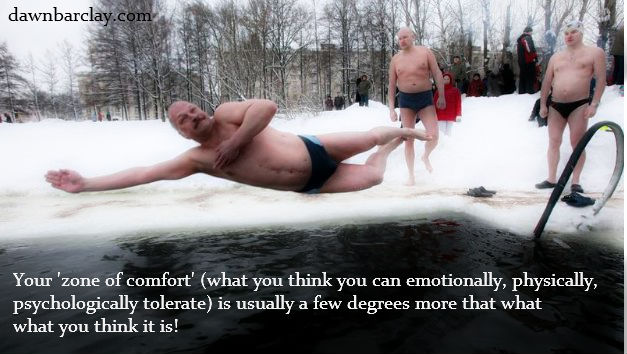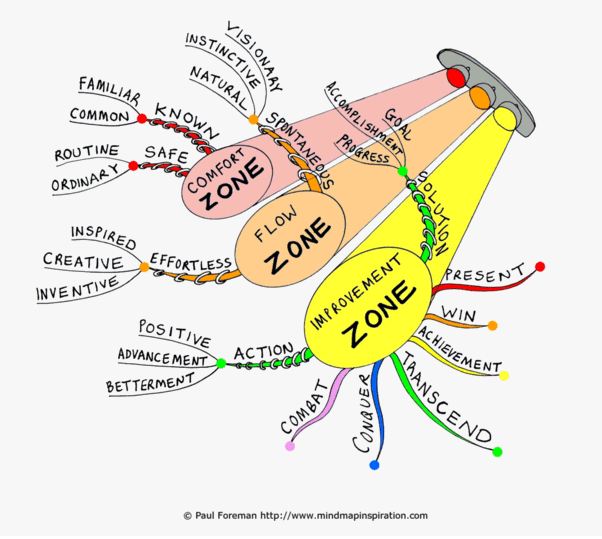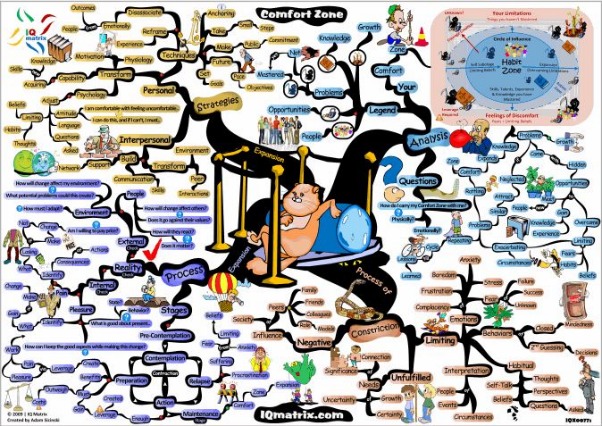When it comes to personal and professional growth, there appears to be plenty of secrets around. 
You may perceive that others have been granted insider life information and they aren’t afraid to tell and sell you that they have it and you most certainly don’t, and because you don’t you’re the one missing out.
For example, have you ever come across these:
- The Biggest Kept Secret to Looking and Feeling Great
- The Number One Secret to Making Next Year Your Best Yet
- The Secret to Losing Weight, Forever
- 7 Hidden Secrets to Getting What You Really Want
- The Secret to Finding Your One True Passion
Fantastic headlines (nothing wrong with that) however there are no secrets.
None.
When you read information about anything being a secret, ask yourself ‘is it really a secret’, if it’s a secret why on earth is the person sharing it?
When anyone is selling you on a secret, they know what they are doing, they have your mind in a state of curiosity, and your brain loves that. Always has. Always will.
Being human we don’t want to be left out, we like being let in on a secret.
It’s ingrained in our conditioning. Remember the days of your childhood when your friend said ‘can you keep a secret’? How special did you feel?
There are no secrets.
Why am I telling you this?
Question everything, you probably know the information already.
Maybe you just need to apply it. And that has never been a secret.
Who do you listen to? Are they accurate?

 It’s nearing the end of the year and chances are, someone somewhere has asked or you’ve read ‘so what are your goals for the New Year’ or worse ‘what are your New Year Resolutions?’
It’s nearing the end of the year and chances are, someone somewhere has asked or you’ve read ‘so what are your goals for the New Year’ or worse ‘what are your New Year Resolutions?’


